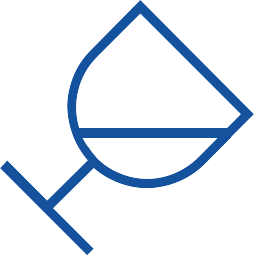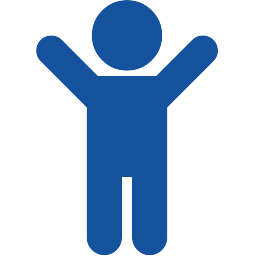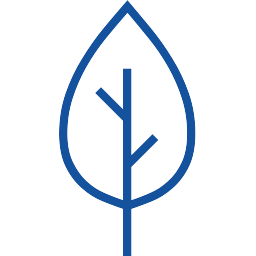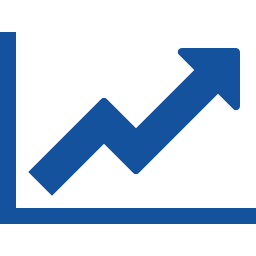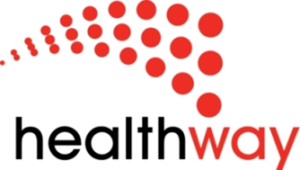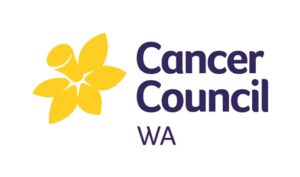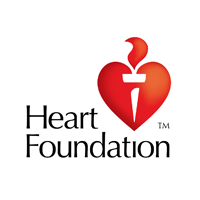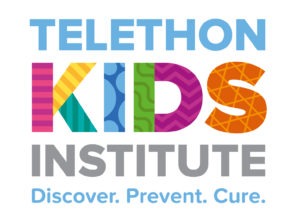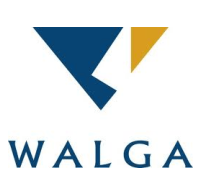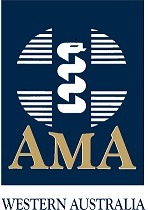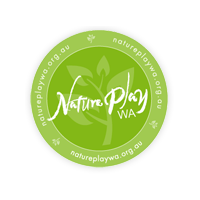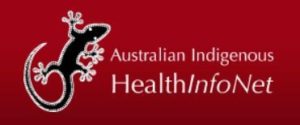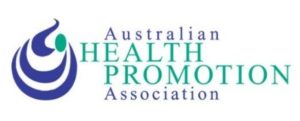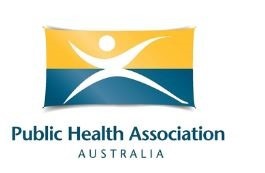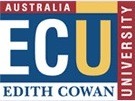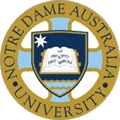Latest News
Our Mission
PHAIWA aims to influence policy by promoting, supporting and implementing public health advocacy on local, state, national and international levels. We aim to raise the public profile and understanding of public health, develop local networks and create a statewide umbrella organisation capable of influencing public health policy and political agendas.
Our Projects
Our Vision
“To be a self-funded, highly resourced, innovative, nationally recognised leader in public health advocacy.”
Our Values
We are determined and passionate to reach our goals. We do not give up!
We act with a high level of integrity, take pride in what we do and trust our team and process.
Collaboration, open communication and responsibility is what we value in our work at PHAIWA.
We strive to let innovation and inspiration drive our work.
Priority Areas
Aboriginal Health
Aboriginal and Torres Strait Islander people have significantly poorer health and lower life expectancy than other Australians.
Alcohol
Alcohol is a major public health issue. Harmful alcohol consumption contributes to a concerning range of immediate and longer-term harms, both as a result of a person’s own drinking and the drinking of others.
Obesity
In Australia, one-quarter of children and adolescents are overweight or obese and nearly two-thirds of adults are overweight or obese, with the proportion of obese adults continuing to rise.
Child Health
Childhood is a period of rapid development and is formative for health and well-being and health behaviours throughout the life course (License 2004; Graham & Power 2004).
Environment and health
The environment influences human health in many ways — through exposures to physical, chemical and biological risk factors, and through related changes in behaviour in response to those factors.
Gambling
Australia has the highest expenditure per capita on gambling, with 70% of Australians reporting participating in some form of gambling annually.
Industry strategies and tactics
If you are working in public health advocacy it is important to understand who your opponents are and what tactics they are using to gridlock advancement in public health.
Local Government
PHAIWA recognises that local governments are the closest form of government to communities and provide vital and multi-functional organisations within local communities.
Public Health Expenditure And Government Priorities
We try to identify priority areas where investments and commitments can be made to ensure the health and well-being of all Australians.
Our Team
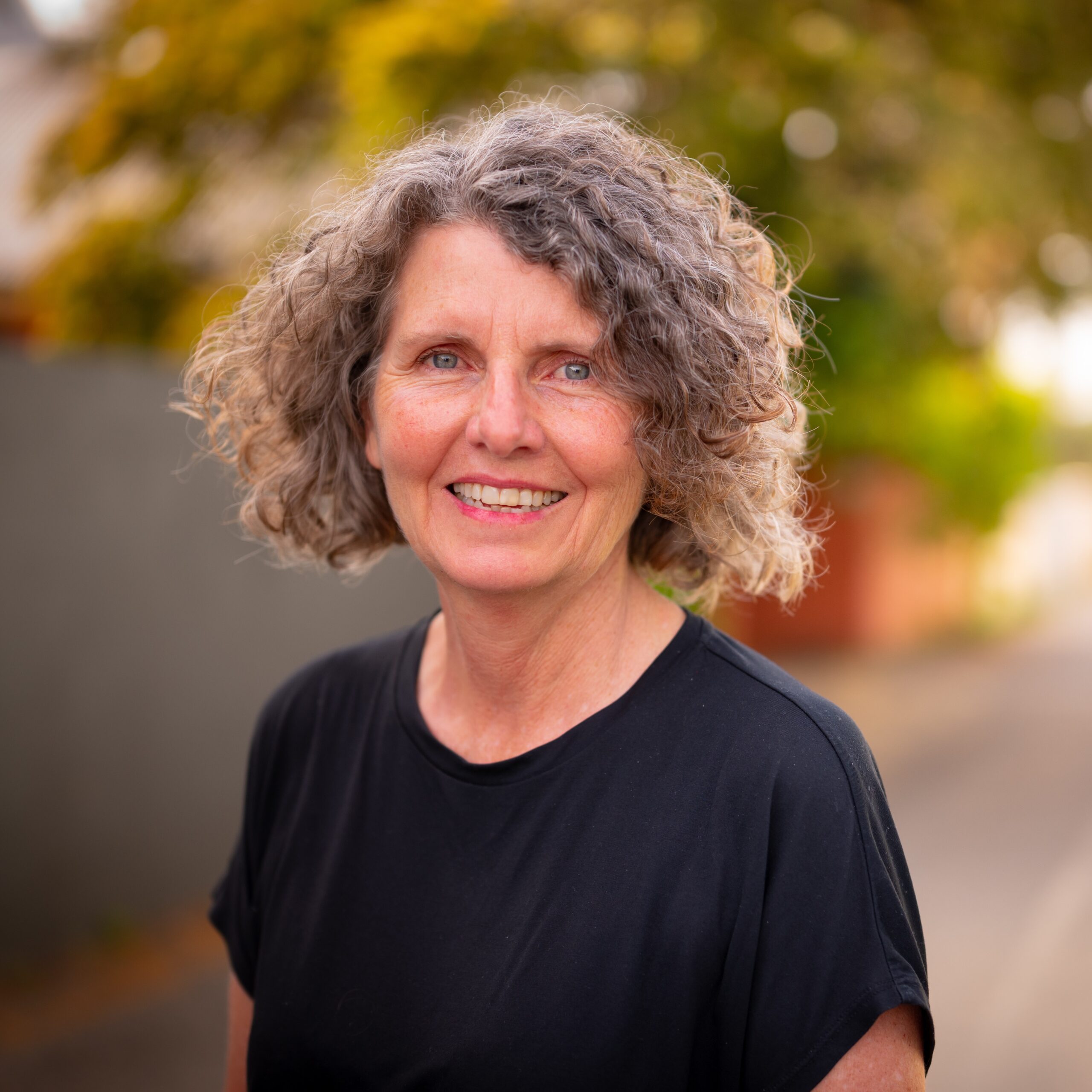
A/Prof Christina Pollard

Associate Professor Christina Pollard has over 30 years’ experience working within government developing, implementing and evaluating public health and health promotion interventions at national, state and local levels. Dr Pollard has led government health related policy and strategy with demonstrated outcomes. She calls herself a prac-ademic committed to advocating for those rendered vulnerable to poor health due to their social or economic circumstance. She is best known for the award winning Gofor2&5© and Find 30© social marketing campaigns and her work in addressing food insecurity and obesity. Christina contributes to the wider community in her role as the Public Health Association of Australia’s Vice President (Policy) and as a Board member of Foodbank WA and Deakin University’s Institute for Physical Activity and Nutrition. She is a committee member of the Australian Academy of Science’ Decadal Nutrition Plan and a Fellow of the World Cancer Research Fund International. Dr Pollard is committed to supporting the developing public health/health promotion workforce.
To contact Christina, please email C.Pollard@curtin.edu.au.
A/Prof Christina Pollard
Director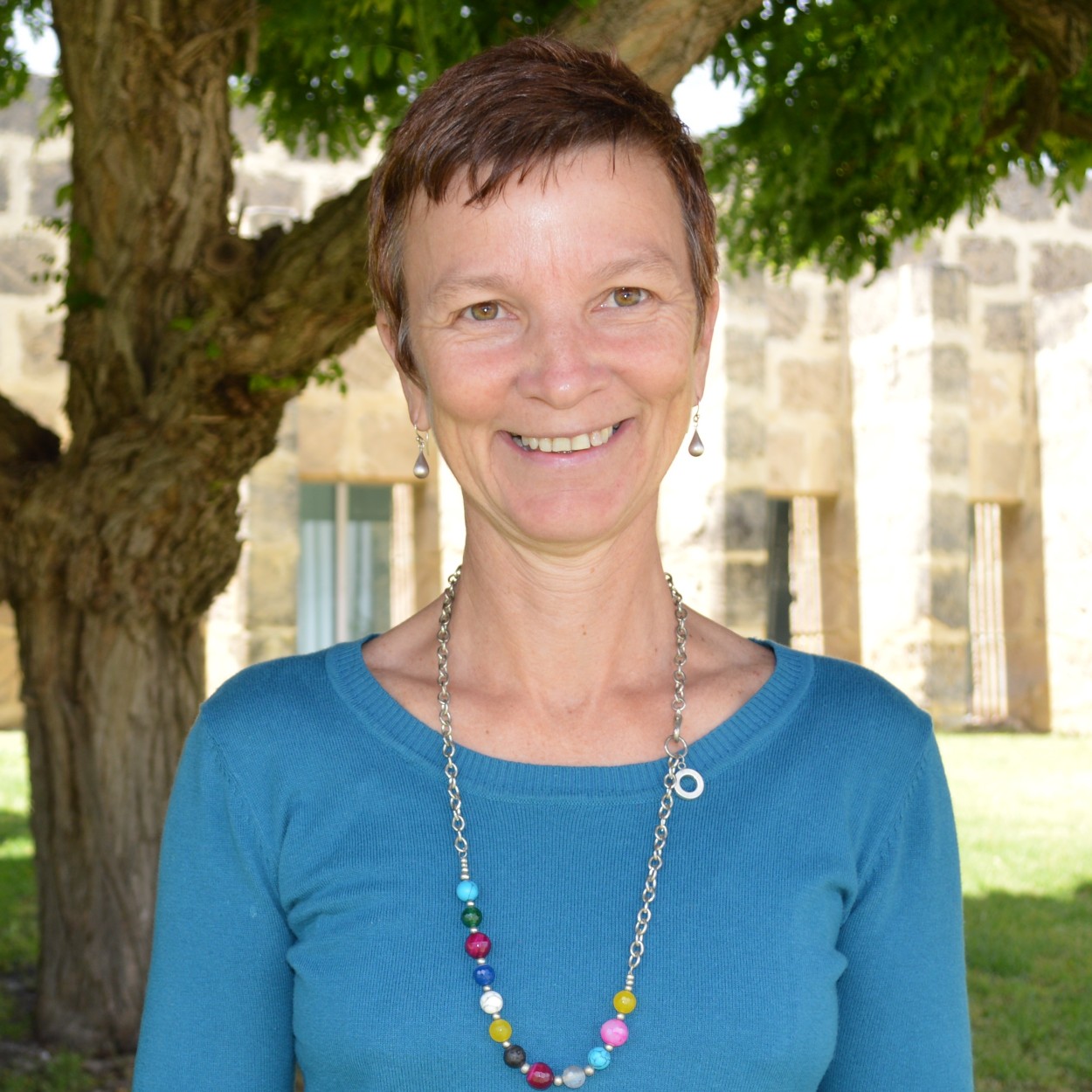
Dr Melissa Stoneham

Melissa has over 25 years’ experience in the fields of public and environmental health, with particular skills in the area of health promotion, public policy, Aboriginal health and advocacy.
Melissa is PHAIWA’s former Director and has been with the organisation since its inception in late 2007. She recently changed roles within PHAIWA, and is now the lead for the #endingtrachoma research that is aiming to reduce trachoma in 41 remote communities across WA.
She has worked with and for local, state and commonwealth government agencies, universities, professional associations and international Aid organisations, WHO in Africa and Secretariat of Pacific Communities in Noumea, working in a range of fields including environmental health, HIV, alcohol and drug harm minimisation, medical waste and vector control.
Melissa is passionate about making a difference and describes herself as a practice-based researcher. Issues that are of specific interest include Aboriginal and Torres Strait Islander health, local government public health practice, sports sponsorship, mentoring future leaders and advocacy.
She currently sits on a number of state and national Boards and Advisory Committees and is an Editor of the Australian and New Zealand Journal of Public Health.
To contact Melissa, email m.stoneham@curtin.edu.au or phone 0421 113 580.
Dr Melissa Stoneham
Lead - #endingtrachoma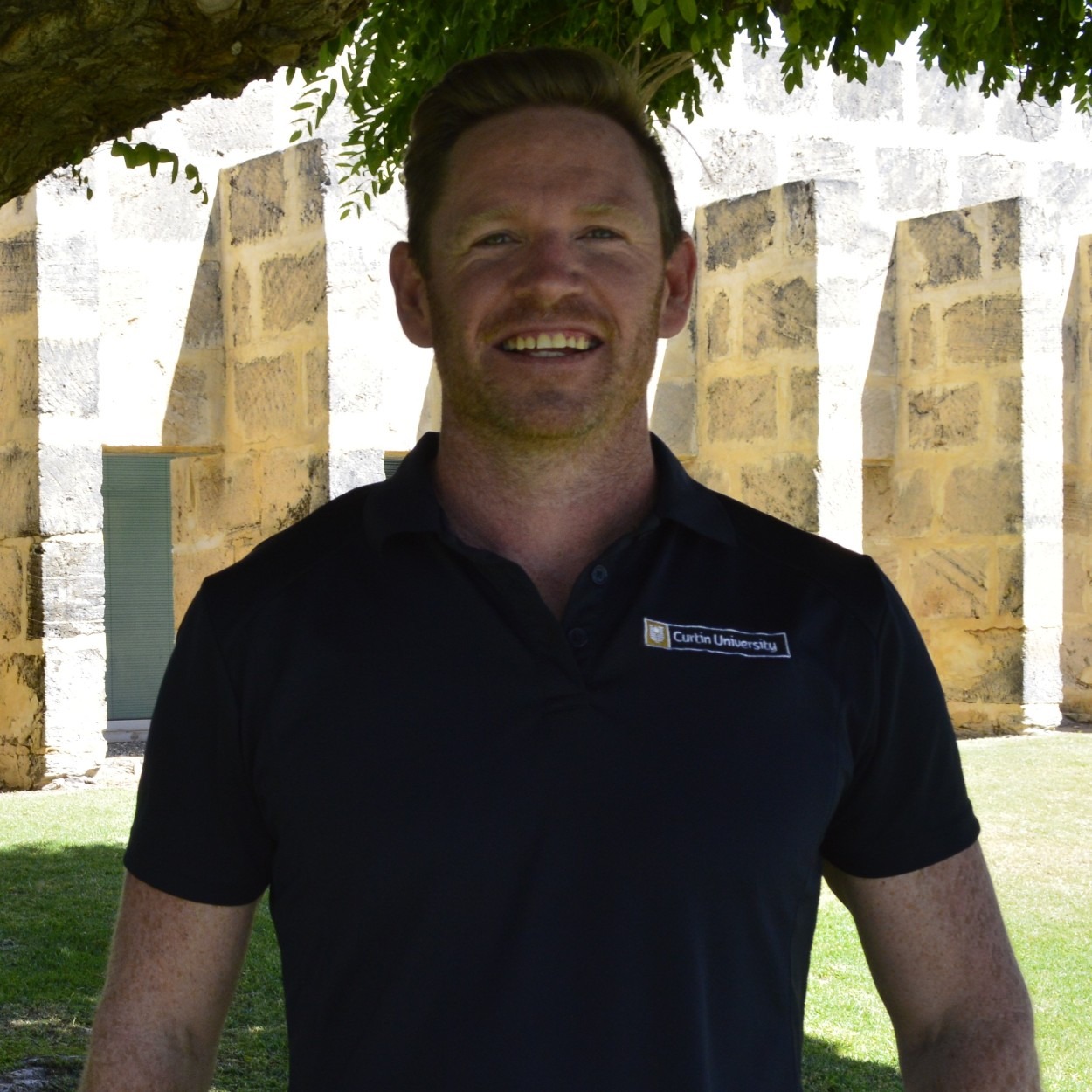
Scott MacKenzie

Scott has worked in Aboriginal Environmental Health for the last seven years within Shires located in the Kimberley and Pilbara and has more recently worked for the Great Southern Aboriginal Health Service. Scott works on the Trachoma Prevention Program – Bright Eyes, visiting ‘at risk’ communities throughout WA to determine and deliver specific environmental health activities as required.
To contact Scott please email scott.mackenzie@curtin.edu.au (works remotely in Albany).
Scott MacKenzie
Research Officer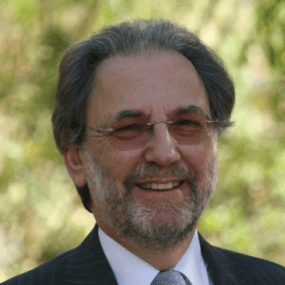
Emeritus Professor Mike Daube

Mike Daube is Professor of Health Policy at Curtin University and founding Director of the Public Health Advocacy Institute and the McCusker Centre for Action on Alcohol and Youth. Before moving to Curtin in 2005 he was Director General of Health for WA and Chair of the National Public Health Partnership.

